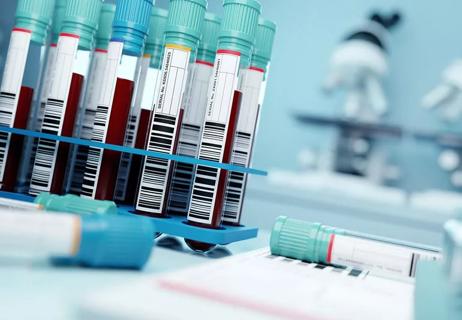
… with liver cancer, you can damage healthy liver cells. You may also limit your treatment options.For cancer survivors, there’s some evidence that continued alcohol use may increase the risk of cancer coming back …

… of questions about things like medication, symptom management and survival rates. Another question you may have: Is stomach cancer hereditary?Oncologist Suneel Kamath, MD, explains the genetic risk for stomach cancer and why it’s …

… the benefits and risks of undergoing treatment. So, don’t be afraid to ask questions.“The average survival rate for advanced gastric cancer is around 15 months — and that’s with chemotherapy and immunotherapy treatments …

… body:Liver.Lungs.Bones.Brain.Skin.Distant lymph nodes.Many factors can determine your HER2-positive breast cancer survival rate, such as where the cancer has spread to and how much has spread. Your age …
Advertisement
Cleveland Clinic is a non-profit academic medical center. Advertising on our site helps support our mission. We do not endorse non-Cleveland Clinic products or services. Policy

… cancer, which isn’t normally detected until stage III or stage IV and has a one-year survival rate of 5%, it means you can catch at least some cases much earlier than normal.“Twelve …

… boost.The reason? These beneficial bacteria are mostly in your large intestine, or bowel. Probiotic supplements will rarely survive the acid and churning of the stomach or the detergents and enzymes of the small intestine …

… other cancers.“Depending on the particular syndrome you have, you also may be at high risk for cancer in other organs, such as your stomach, small intestine, bladder, skin, brain, uterus or liver,” says David …

The bacteria in your gastrointestinal tract (what doctors call your gut microbiota) never let any of your food go to waste. Those helpful microorganisms break down and digest your food in order to enhance your …
Advertisement
Advertisement